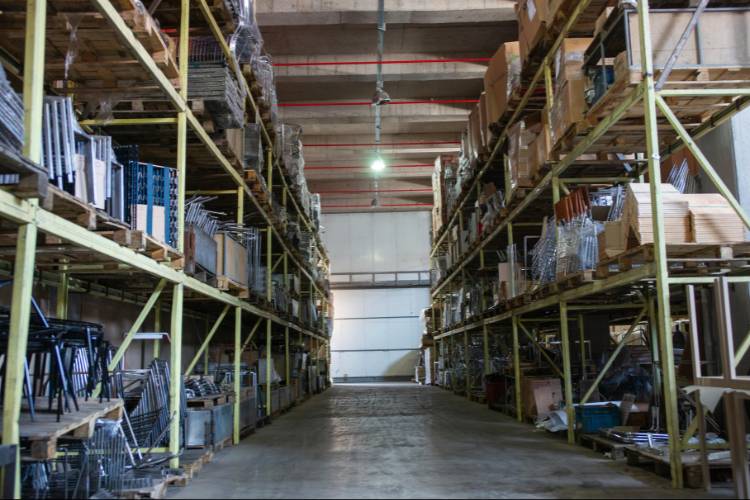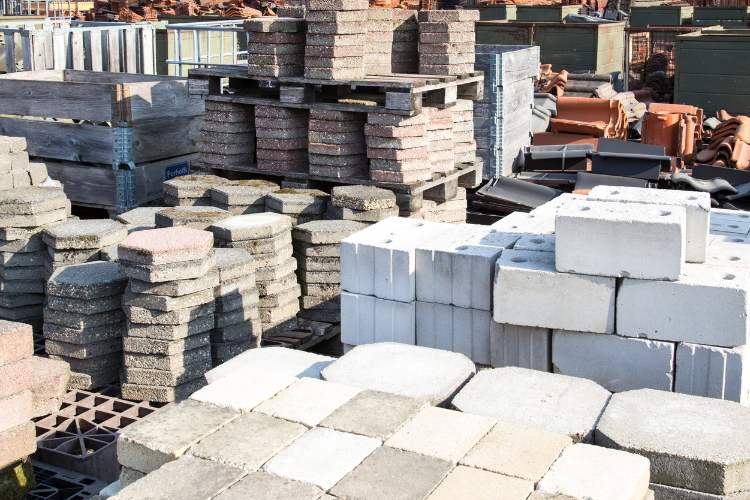Sluggish supplier lead times are a common inconvenience in the construction industry, but there are plenty of ways contractors can help their suppliers to curb them. When you reduce lead times, you can wrap projects, secure project payment, and move on to the next job, all at a quicker pace. Longer lead times, on the other hand, can result in delayed projects, increased expenses and disrupted cash flow.
While there are some factors that you don’t have control over (i.e the location of a manufacturing facility or a supplier’s internal inventory management processes), we’ve compiled the following lead time reduction strategies to help you in the areas you do have control over:

Table of Contents
1. Communicate Forecasts With Your Supplier
Communicating needs with your supplier goes beyond establishing timelines for your current orders. Go the extra mile and share forecasts with them too, as well as projects you’re currently bidding on, so they can be prepared if and when you need materials. A simple way to add this step to your workflow is via a preconstruction platform like STACK. You can attach prebuilt items and assemblies to your takeoffs to automatically generate a bill of materials based on your measurements. You can then share this with your supplier directly from the platform to keep them informed.
Assuming you provide them with forecasts that are fairly accurate, this can help them anticipate how much material they need for your business and allows them to accurately forecast orders to their manufacturers. They’ll appreciate the increased visibility into your business, I promise.
2. Buy Local or Domestic
While some domestic suppliers can be more expensive than global suppliers, buying local or domestic will help contractors reduce the wait time between ordering materials and their arrival on-site.
Paying a little extra for domestic materials may be worth it if the lead time for cheaper, internationally sourced materials is high (which it often is). The amount of time wasted could easily cost you more in the long run when you consider projects you couldn’t take on while you were closing out your current project. Be sure to run the numbers and see if it makes sense for your business.
3. Define Order Timelines In Your Estimate
With all major purchase orders, suppliers will issue a quote with the terms and conditions which includes product delivery times. Before agreeing to your purchase orders, make sure your desired timeline is clearly outlined and expectations are set. To ensure optimal delivery and ultimately reduce lead times.
Pro Tip: Be sure to vet your suppliers before making a big purchase with them. You can consult Billd’s supplier directory to find top-tier suppliers in your area. Look for suppliers with solid reputations and reviews, and don’t settle! At Billd, we encourage contractors to hold their suppliers to the highest standard, especially when it comes to offering sufficient payment terms for large material purchases.
4. Consider New Supplier Payment Methods
If you rely solely on supplier terms, there’s a good chance that missed payments and slow-paying projects could damage your relationship with a reputable supplier, making it hard to get new material when you need it. If you happen to need more material before having paid your prior material bill, you may be out of luck with that supplier on new material, causing you to find a new supplier altogether. Talk about increasing lead time! Good news though, is there are alternative financing solutions for contractors that give you more flexibility with longer terms so that this doesn’t happen.
With material purchase financing, for example, contractors can extend the length of standard supplier payment terms by up to 90 days, giving them more time to get paid for the project. Suppliers also get paid cash upfront, allowing contractors to negotiate cash discounts on the material. It’s one of the most efficient and mutually beneficial payment solutions in the construction industry, and it’s offered by Billd.
Common Causes For Delays in Lead Times
Some common causes of delayed supplier lead times include:
- Internationally Sourced Materials: Materials purchased overseas are many times less expensive, but come with a cost of longer lead times, thanks to the distance the materials have to travel. Even if you use a domestic supplier, find out if their manufacturer is overseas, as this can cause the same problem. While your supplier is waiting on the materials to come in, you’ll be waiting too.
- Missed Payment Deadlines: Suppliers often meet contractors half-way by offering terms. Those terms, however, are rarely in line with typical construction payment cycles. And if a contractor is consistently late with payments to their supplier, suppliers may hold off on extending additional terms on new material. This could force a contractor to have to search for a new supplier mid-project and place a rush order with that supplier, who likely won’t be able to deliver in the required time.
- Supplier Backlog: During periods of economic growth, construction usually booms. With that comes greater demand for materials, causing suppliers to accrue a backlog of orders. This backlog means less material on-hand and orders being sent directly to manufacturers, increasing lead times. And when suppliers begin to run low, they take care of their most important relationships first, not necessarily the one with the biggest order. Their best relationships tend to be with customers that pay quickly and communicate the best.
- Poor Communication: Many suppliers use VMI (vendor managed inventory) practices to ensure their stock is constantly replenished with what their contractors need. But if you’re not consistently communicating with your suppliers on projections, they may not have the materials you need when you need them.
Work With Your Any Supplier and Reduce Lead Times
Staying on top of payments is easily the most important aspect of keeping your ideal suppliers happy. Material purchase financing is the best way to ensure your suppliers are paid upfront, without compromising your cash flow or credit.
Billd is a material purchasing solution created uniquely for contractors. With improved payment terms, contractors can establish great relationships with reputable suppliers and reduce lead times with ease.
Ready to work with your dream supplier?







